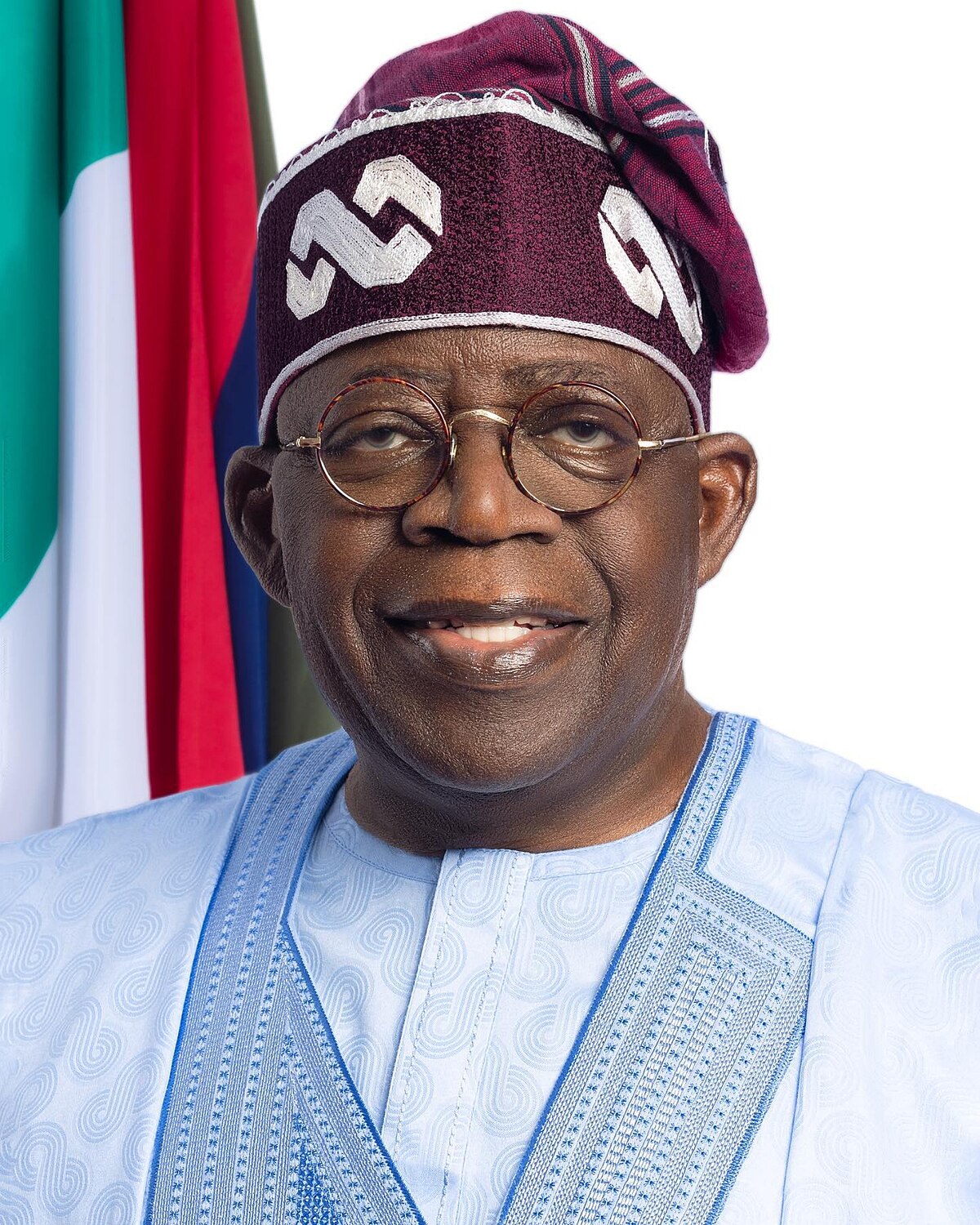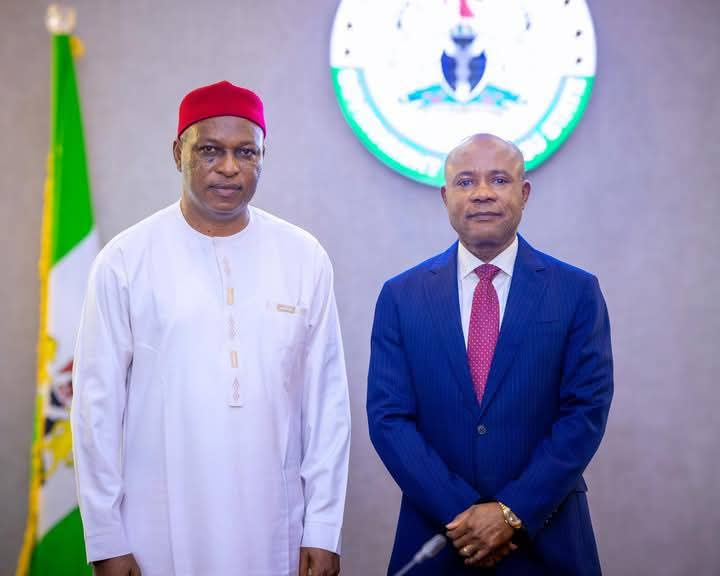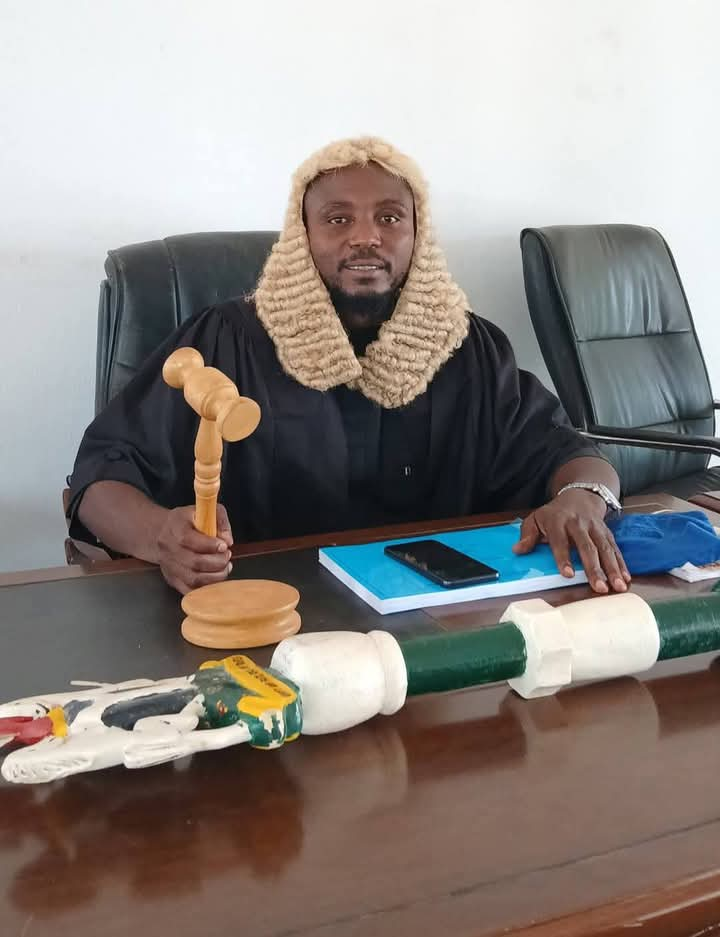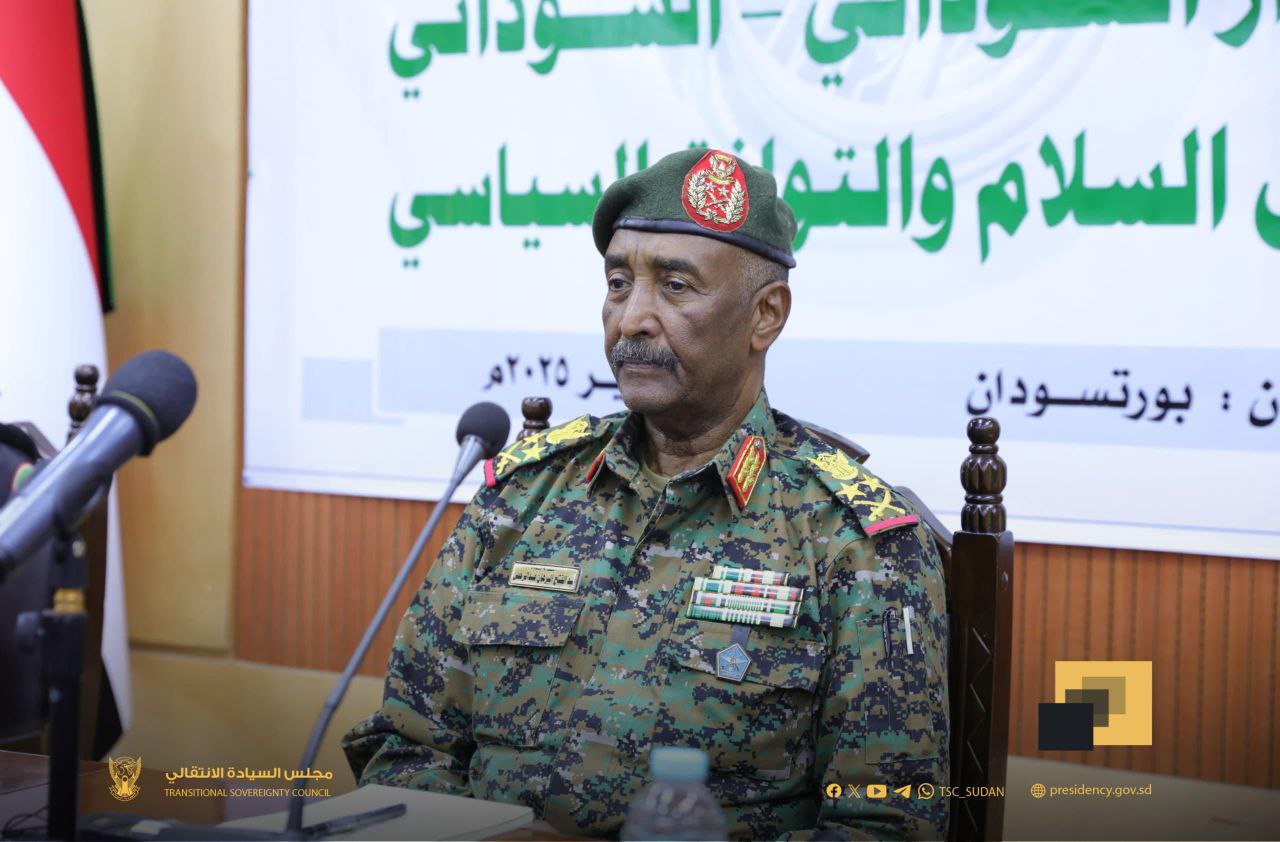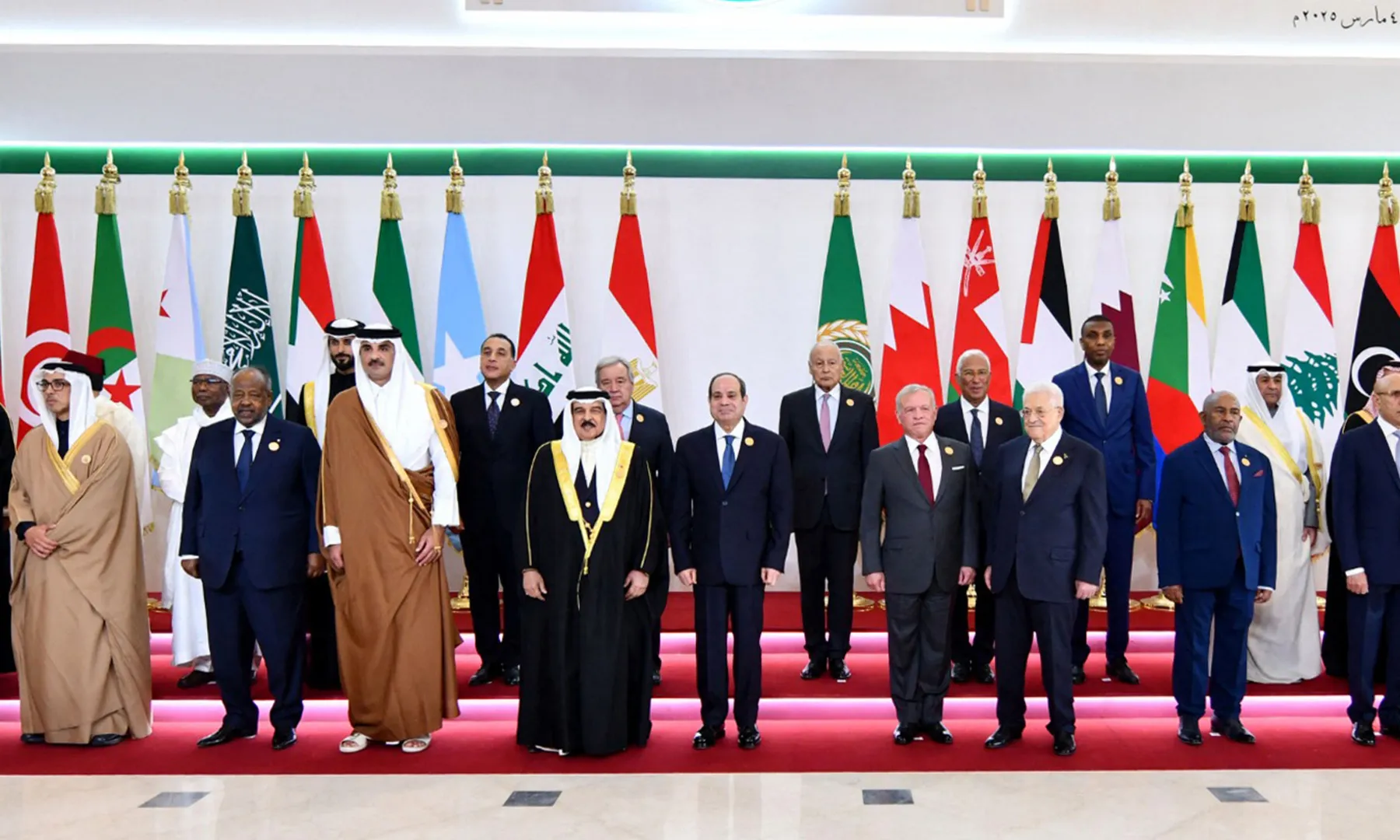President Bola Tinubu, the Chairman of ECOWAS Authority of Heads of State and Government, is set to convene a critical gathering of regional leaders in response to the recent coup in the Republic of Niger.
The coup has plunged the West African country into a state of political turmoil, upending its constitutional leadership.
In a statement issued on Wednesday, President Tinubu expressed strong condemnation of the current political situation in Niger. He assured the international community that ECOWAS, along with its allies, is committed to defending democracy and ensuring that democratic governance firmly takes root in the sub-region.
The emergency meeting, scheduled for Sunday in Abuja, comes in the wake of soldiers from Niger’s presidential guard ousting President Mohamed Bazoum and imposing border closures. Government ministries were also barricaded during the coup, leading to further uncertainty in the nation.
Regarded as Niger’s fifth coup, this latest incident has resulted in the fall of one of the last democratically-elected governments in the Sahel region. The implications of such a disruption to democratic order are far-reaching, drawing concern from both regional and international leaders.
High-profile figures, including U.S. Vice President Kamala Harris and United Nations Secretary-General Antonio Guterres, have engaged in separate telephone conversations with President Tinubu to affirm their support for ECOWAS and Nigeria’s efforts to restore constitutional order in Niger. The collective stance of the US and UN signals a firm commitment to upholding democratic principles and safeguarding the stability of the region.
As President Tinubu prepares to welcome the regional leaders for the special meeting, the spotlight is on finding effective solutions to address the crisis in Niger. The diplomatic and political weight of ECOWAS, together with the backing of the international community, is expected to play a crucial role in facilitating a peaceful resolution and restoring democratic governance.
The meeting’s agenda is likely to encompass discussions on measures to promote stability, mediating efforts, and providing support for Niger’s transition towards a peaceful and democratic state. Moreover, the regional leaders are expected to deliberate on strategies to prevent future instances of such political upheaval in the sub-region.
The international community’s keen interest in this emergency summit underscores the significance of maintaining stability and democratic norms in West Africa. The outcome of the meeting may shape the future trajectory not only of Niger but also of neighboring countries that look to ECOWAS as a pillar of regional cooperation and security.
As President Tinubu takes the helm in spearheading the ECOWAS response, the eyes of the world remain fixed on Abuja. The meeting holds the potential to be a defining moment for the region, reaffirming the collective commitment to upholding democracy and ensuring a peaceful and prosperous future for all.
